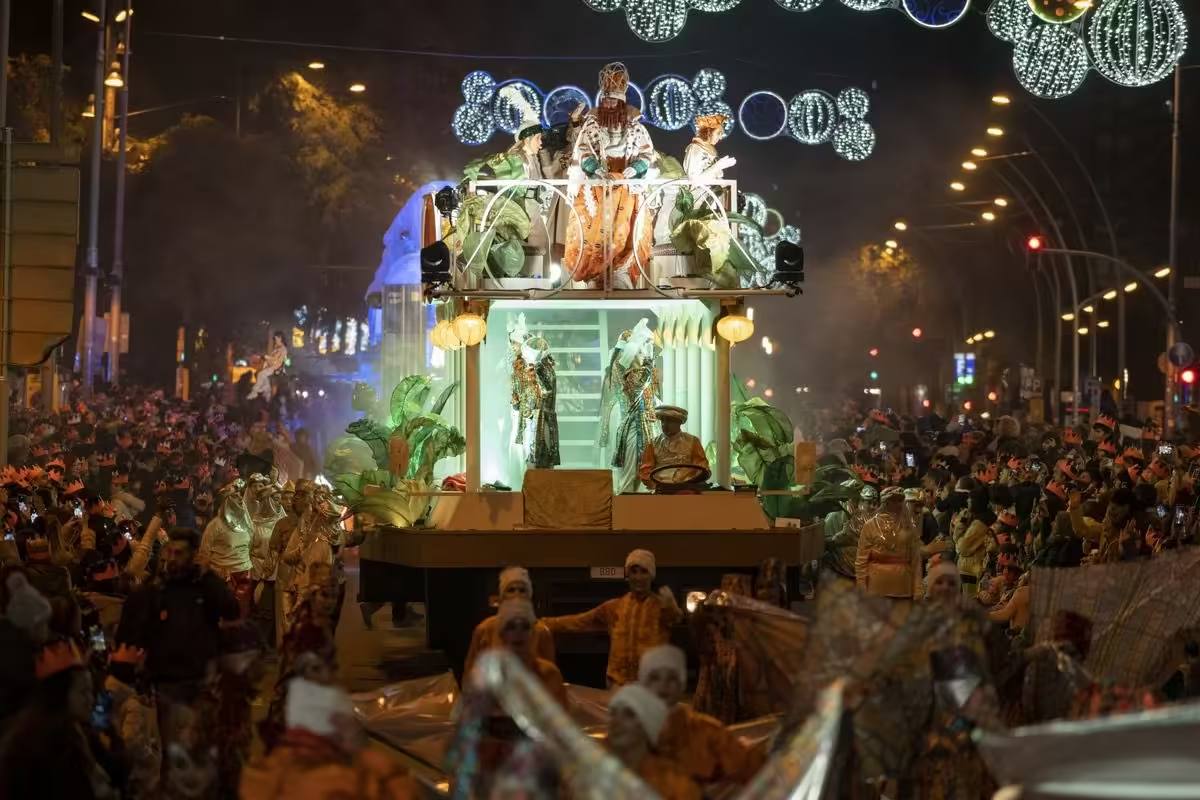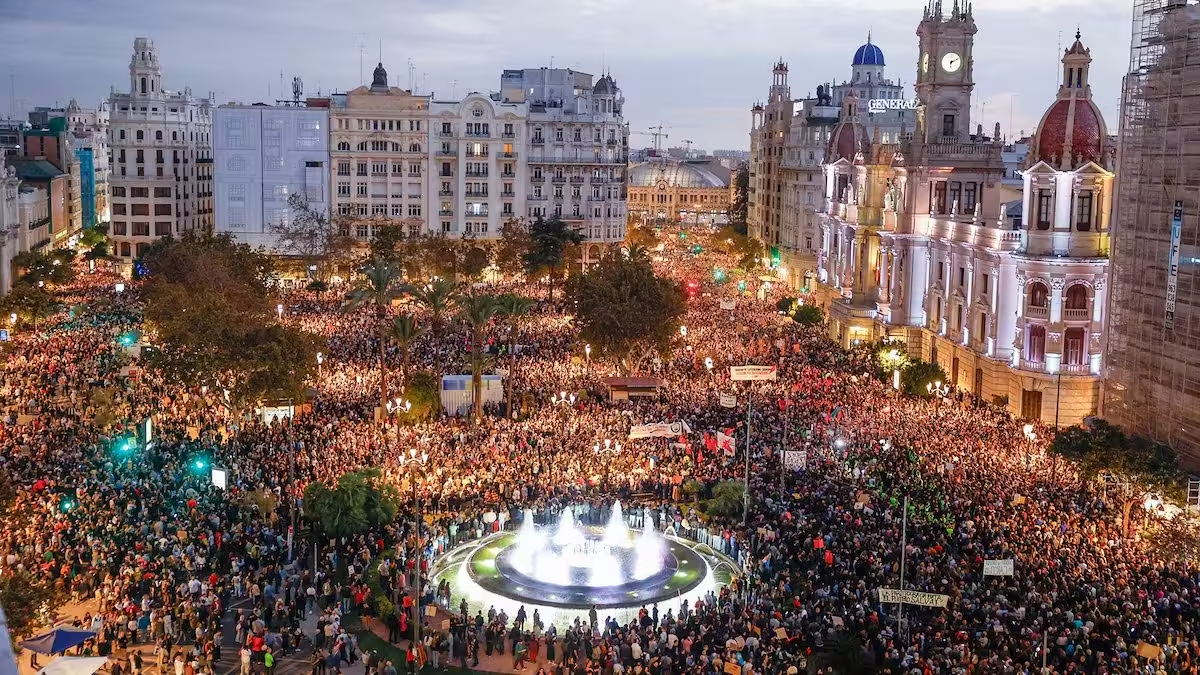The Magic of the Three Kings in Spain
In Spain, the arrival of the Three Kings (Los Reyes Magos) on January 6th marks one of the most cherished celebrations of the year. While Christmas is widely celebrated, the Three Kings, also known as the Wise Men, are the real stars of the holiday season in Spain. This day, also known as Epiphany in some parts of the world, is a time for family, festivity, and plenty of local traditions.
When Is The Three Kings Celebrated?
The Three Kings celebration takes place on January 6th, though the festivities often start the evening before, with the Cabalgata (parade). This is when the Kings make their grand entrance, bringing joy to both children and adults across the country. The holiday ends on January 6th, and it’s a national holiday, meaning many businesses and public services will be closed.
How Is It Celebrated?
In the lead-up to the 6th, many Spanish towns and cities host spectacular parades, known as the Cabalgata. The streets are lined with people eagerly awaiting the Kings’ arrival. The parades feature floats, marching bands, dancers, and performers. The Kings, traditionally Melchor (the King of the East), Gaspar (the King of the West), and Balthazar (the King of the South), arrive in style, often throwing sweets and small gifts to the crowds.
Families also gather for big meals, and children will leave out Christmas biscuits for the Three Kings, expecting to receive gifts in the morning. It’s a magical time for both children and adults, as the focus is on community and sharing joy.
What Do They Eat and Drink?
The food and drinks associated with the Three Kings celebration are an essential part of the experience. One of the most popular treats is ‘Roscón de Reyes,’ a round, sweet bread typically decorated with candied fruits to resemble jewels. Inside the Roscón, you’ll often find a small figurine and a dried bean. Tradition says that whoever finds the figurine gets good luck for the year, while the person who finds the bean must buy the Roscón next year.
Along with the Roscón, hot chocolate is a staple, and it’s commonly enjoyed with churros. The chocolate is thick and rich, perfect for dipping. The morning of January 6th is often spent enjoying these treats with family, making it a cozy and delightful start to the day.

Roscon de Reyes, Image: Shutterstock/Sylvie Pabion Martin
The History Behind the Three Kings
The origins of the Three Kings go back to the biblical story of the Nativity. According to tradition, the Three Kings visited the newborn Jesus in Bethlehem, bringing gifts of gold, frankincense, and myrrh. This story is central to the Christian holiday of Epiphany, but in Spain, the celebration has taken on its own unique style.
The tradition of the Kings has evolved in Spain over centuries. During the 19th century, the celebration gained more prominence, and by the 20th century, the Cabalgatas became an essential part of the festivities. The Kings were often depicted as a way to extend the magic of Christmas, with their arrival bringing the holiday season to an end.
The Cabalgata: The Heart of the Celebration
The highlight of the Three Kings celebration is undoubtedly the Cabalgata. Held on the evening of January 5th, these parades take place in almost every town and city in Spain. The Kings make their way down the streets on grand floats, tossing sweets and small toys to the crowds. Children eagerly await this moment, knowing they will get to see the Kings up close.
While the parades are filled with excitement, they are also steeped in tradition. In some regions, the floats represent biblical scenes, with elaborate costumes and performances bringing the story to life. The parades are a chance for communities to come together, with everyone from young children to grandparents participating in the celebration.
A Festive Time for All Ages
For expats living in Spain, the Three Kings celebration offers a glimpse into Spanish culture. It’s a day filled with magic, where people of all ages participate in the traditions. Whether you’re enjoying a piece of Roscón, watching the parade, or simply sharing time with loved ones, January 6th is a moment to appreciate the warmth of Spanish life.
How Will You Celebrate the Three Kings in Spain?
With the Three Kings just around the corner, we’d love to hear how you’re planning to celebrate! Are you preparing your Roscón de Reyes, or maybe getting ready for the exciting Cabalgata parade in your town? Or perhaps you’re already taking down your Christmas tree in anticipation of the new year? Share your plans with us in the comments or on social media!
Keep in mind that due to rain expected in some areas, certain parades may be rescheduled. Be sure to check your local town hall’s social media pages for updates. Some parades may even take place today, Saturday the 4th. Stay informed, and enjoy the Three Kings festivities with your friends and family!
Main image: x/@davealenn
Share this content:




1 comment